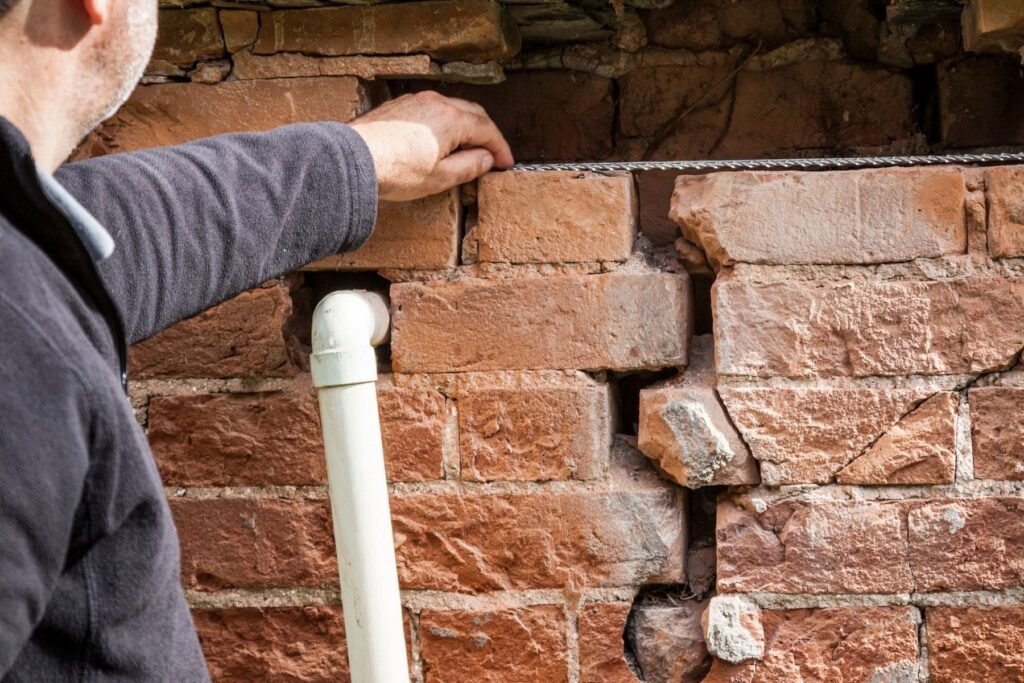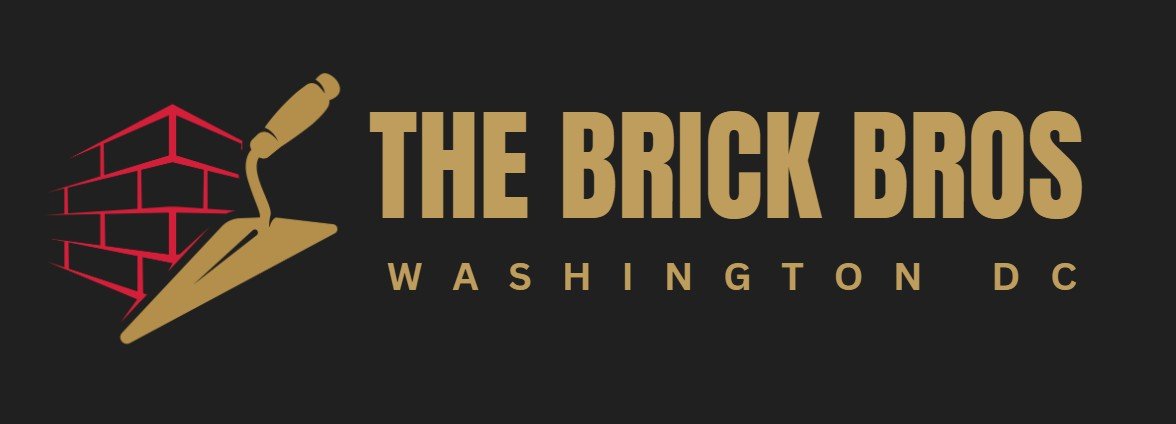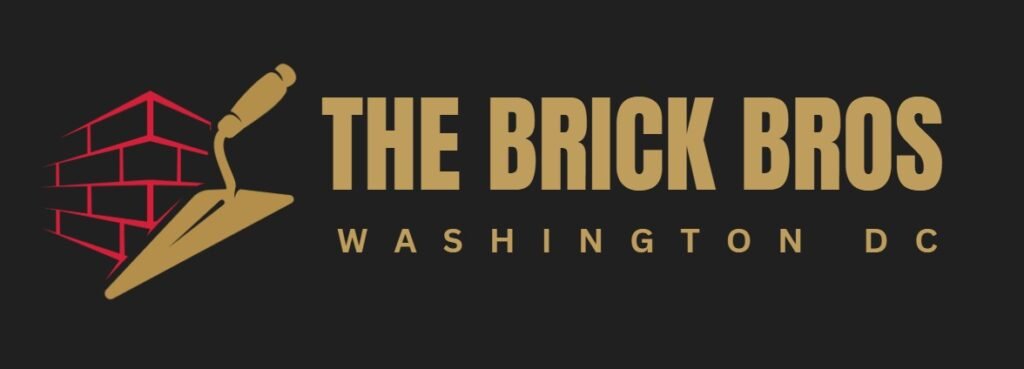Wachington DC Brick Repairs
Brick Repairs Washington DC
Noticing cracks, chips, or loose bricks around your home or building? You’re not alone. Over time, exposure to Washington DC’s fluctuating climate—intense sun, heavy rain, and freezing temperatures—can take a toll on your brickwork. What starts as a minor crack can quickly turn into serious structural issues if ignored. Damaged bricks not only hurt your curb appeal, but they also let in moisture, weaken walls, and raise repair costs down the line.
Our Washington DC brick repairs team specialize in professional brick repair that blends seamlessly with your existing structure. Our experienced masons restore integrity and beauty to your brickwork using time-tested techniques and high-quality materials.
Don’t let small brick issues grow into big, expensive problems—contact us today for expert brick repair and a free quote.
Get a free estimate
Repairing All Types of Brick Damage
Cracked Bricks
Cracks often result from settling foundations, freeze-thaw cycles, or impact damage. Left unrepaired, they can lead to water intrusion and structural instability.
Spalling (Flaking or Peeling Bricks)
Spalling occurs when moisture gets into the brick, freezes, and causes the surface to chip or flake off. It’s common in DC’s cold winters and signals deep moisture problems.
Efflorescence (White Powdery Stains)
This white, chalky residue appears when water-soluble salts migrate to the brick’s surface. It indicates excessive moisture and can lead to long-term deterioration.
Loose or Missing Mortar (Repointing Needed)
Deteriorated mortar joints allow water to penetrate and weaken the wall. Repointing replaces old mortar with new to restore strength and seal gaps.
Bulging or Bowed Brick Walls
This usually results from water damage or poor anchoring and can be a serious structural concern. Immediate repair is needed to prevent collapse.
Discolored or Stained Brickwork
Stains from mold, pollution, or rust not only affect appearance but may also point to underlying drainage or moisture issues requiring masonry attention.
Cracks Today, Costly Damage Tomorrow
Think a few brick cracks are nothing to worry about? Think again. Crumbling or broken bricks are early signs that your structure may be vulnerable. As water seeps in, it accelerates deterioration, weakens mortar, and can even lead to interior damage like mold or shifting walls. Quick fixes might hide the issue temporarily, but they won’t address the root problem. Our expert repairs restore both the appearance and integrity of your brickwork—so you stay safe, dry, and stress-free.

How can I tell if my bricks actually need repair?
Look for cracks, flaking surfaces, missing mortar, bricks that appear loose, or white staining (efflorescence). These are all signs of wear, moisture damage, or foundation shifts. Ignoring them can lead to structural instability. If you’re unsure, we offer thorough inspections to identify issues early.
Is it better to repair or replace damaged bricks?
It depends on the extent of the damage. If the brick is mostly intact and the issue is with the mortar, a repair or repointing may be enough. However, if bricks are cracked through, severely chipped, or deteriorated, replacement is often the safer option. We’ll recommend the most effective and cost-efficient solution after assessing your structure.
Will the repair work match my existing bricks?
Absolutely. We specialize in blending new bricks and mortar with existing structures. Our team carefully color-matches materials to ensure the repairs are virtually invisible. We aim for seamless results that preserve your building’s original charm and value. You’ll get repairs that look natural—like the damage was never there.
How long does a typical brick repair take?
Most small repair jobs take 1–2 days, depending on the extent of the damage and weather conditions. Larger projects or those involving replacement bricks may take longer. We provide a clear timeline and keep you informed throughout the process.
Is brick repair covered by my homeowner’s insurance?
It depends on the cause. If the damage resulted from a covered event like a storm or accidental impact, your policy may help with the cost. Routine wear and tear, however, is usually not covered. We’re happy to provide documentation for your claim.

